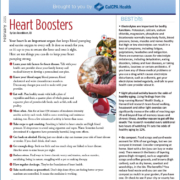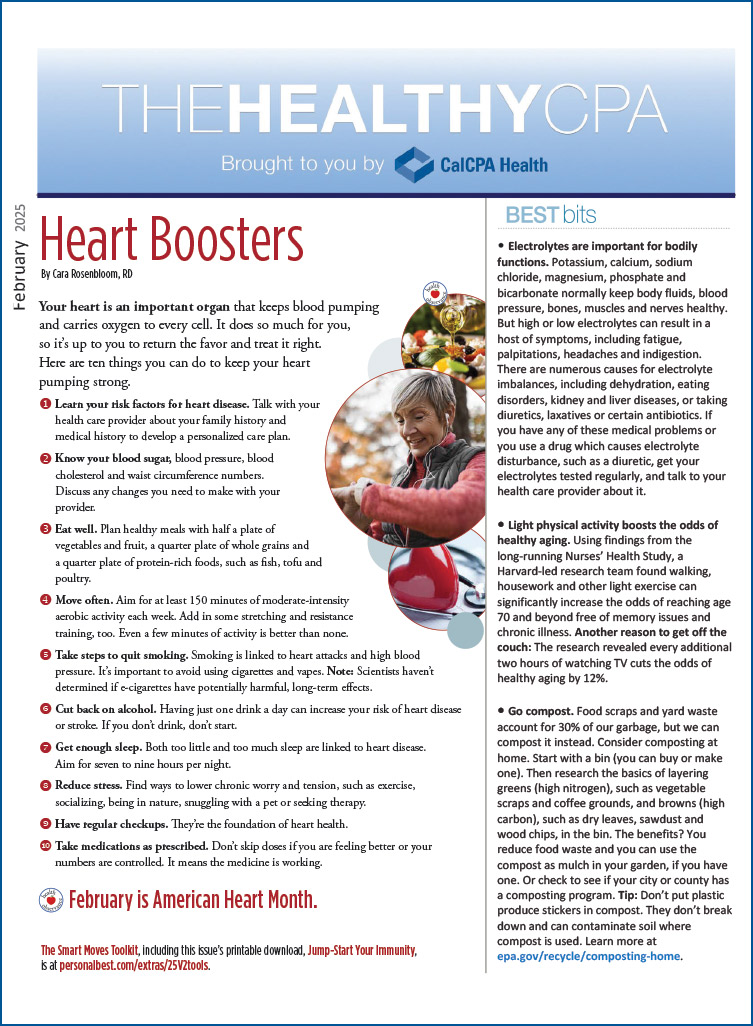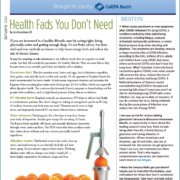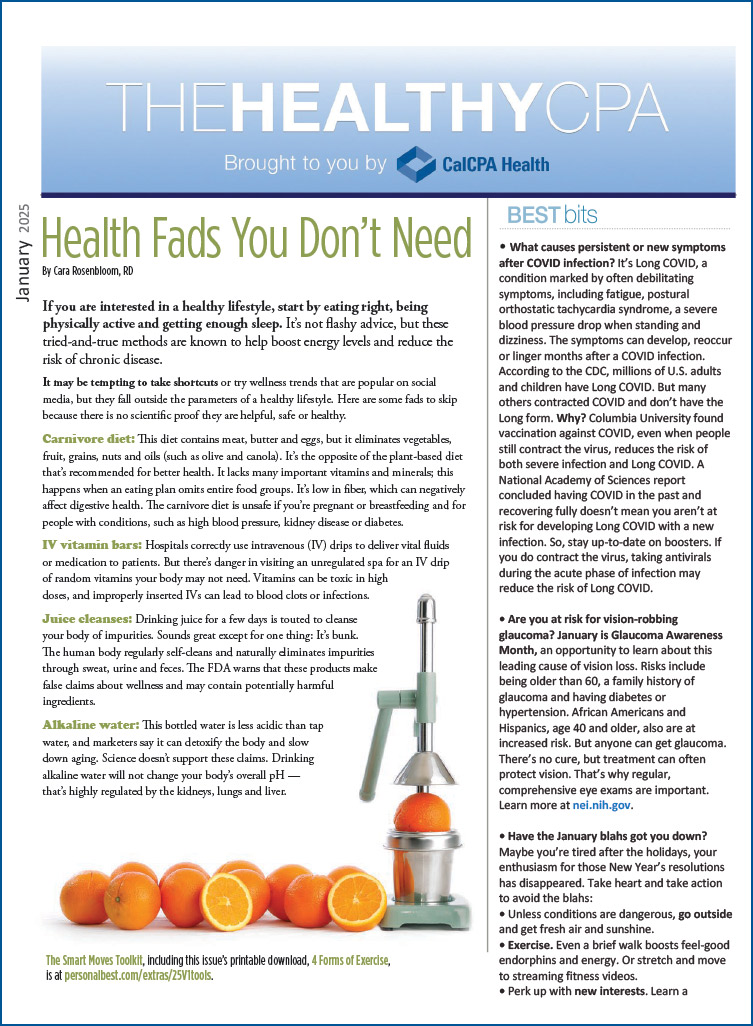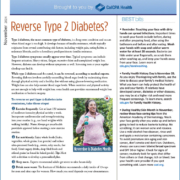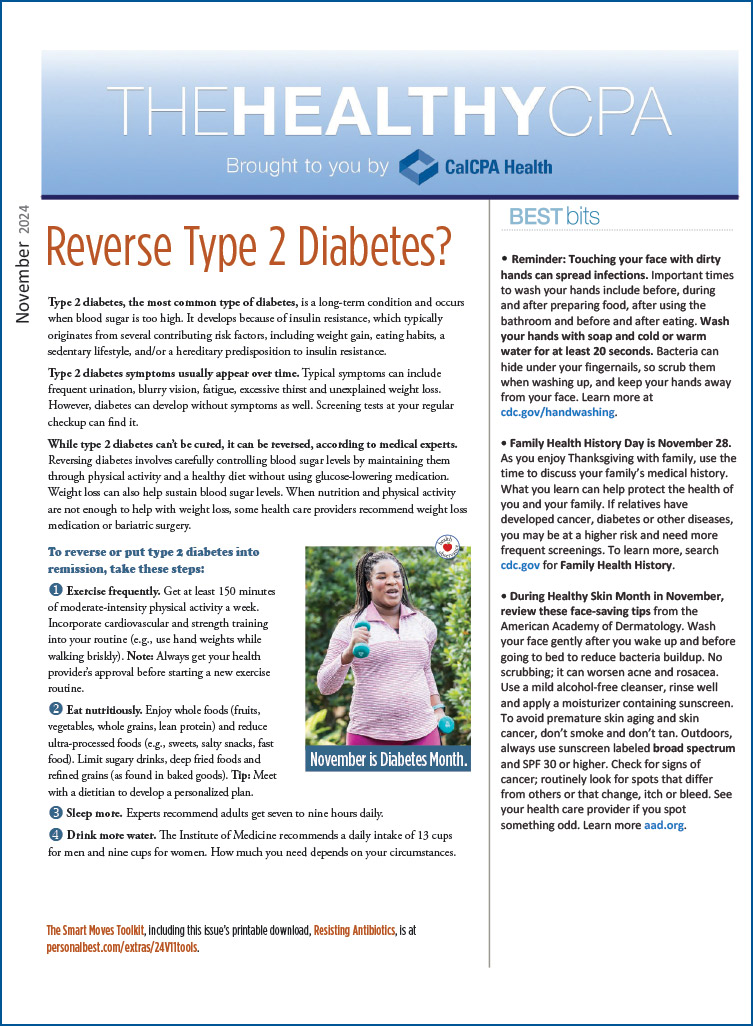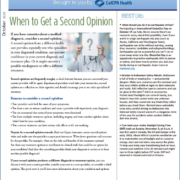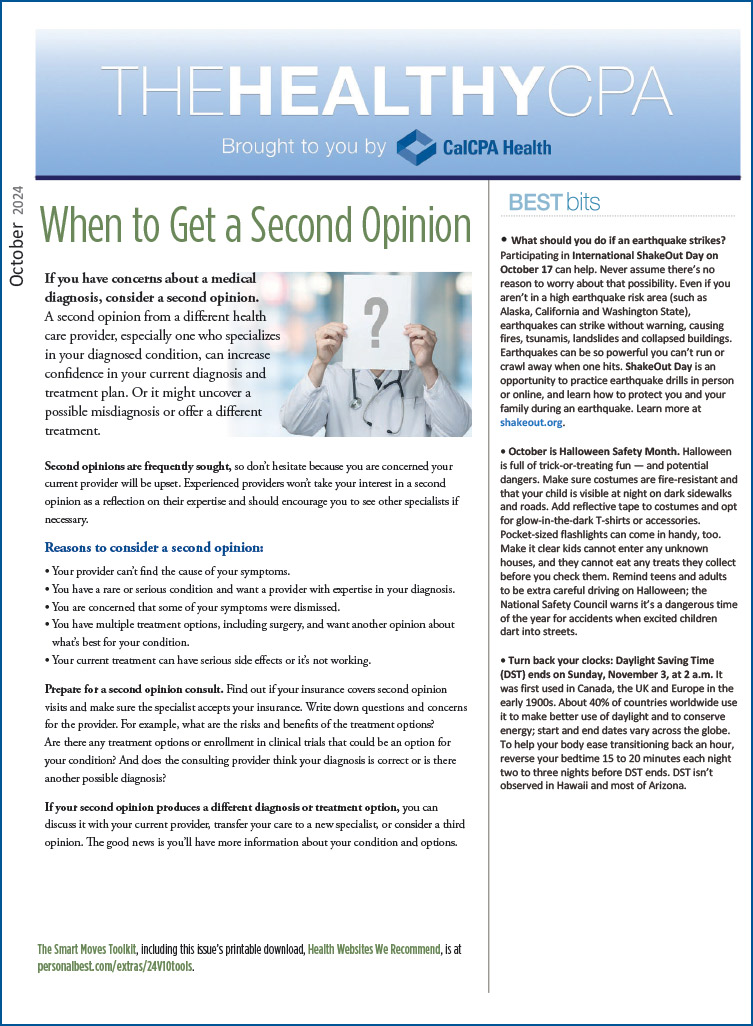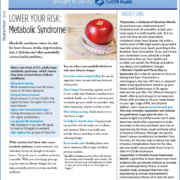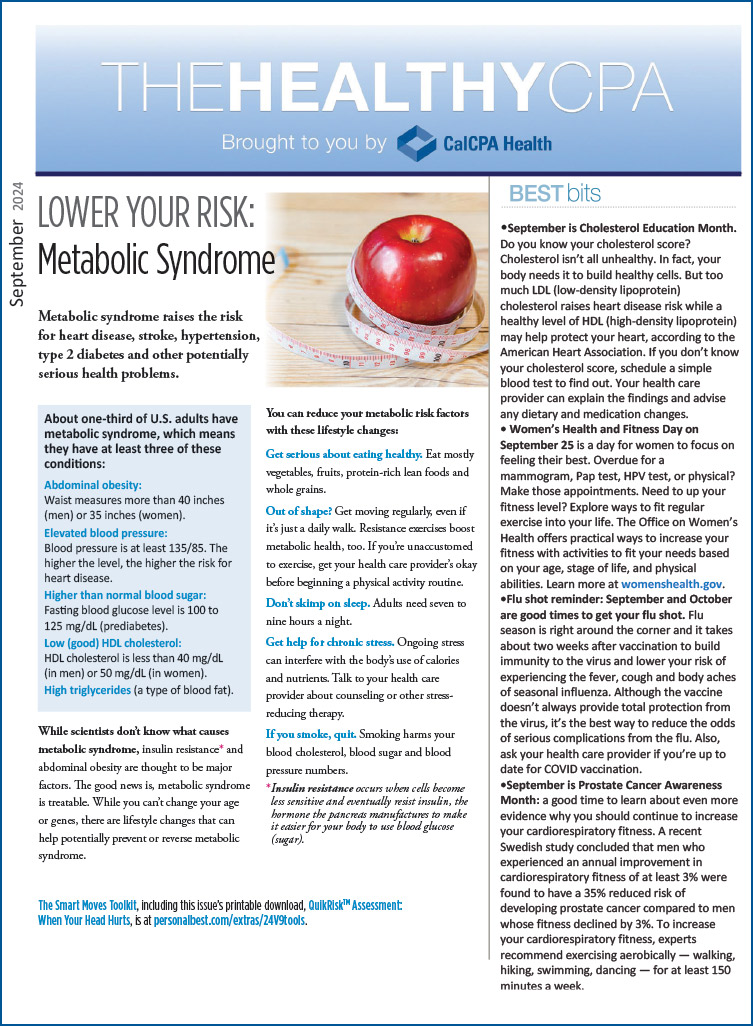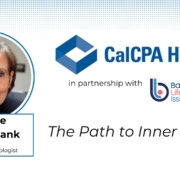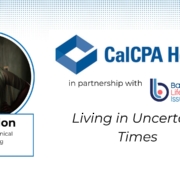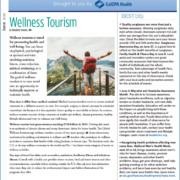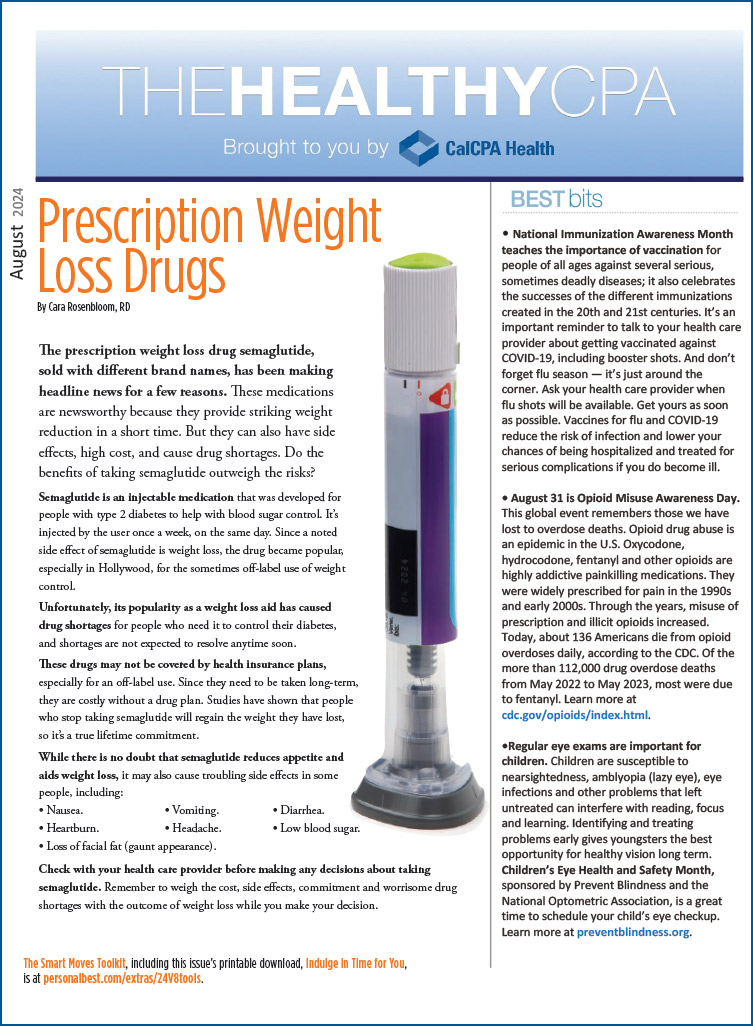When it comes to healthy eating, most of us have heard of the Mediterranean Diet, but have you heard of the Atlantic Diet? Originating in northern coastal regions of Portugal and Spain, the Atlantic Diet offers a delicious alternative with its unique spin on healthy living.
What Is the Atlantic Diet?
The Atlantic Diet is based on the traditional eating habits of communities along the Atlantic coast of Spain and northern Portugal. Much like the Mediterranean Diet, it emphasizes fresh, seasonal foods and lifestyle habits that prioritize community and physical activity. But the main differences lie in the types of foods, cooking methods, and the availability of ingredients.
Atlantic vs. Mediterranean: What’s the Difference?
| Category | Mediterranean Diet | Atlantic Diet |
| Main Protein Sources | Fish, poultry, legumes, moderate dairy | More emphasis on fresh fish, shellfish, lean pork, and dairy |
| Cooking Fats | Extra virgin olive oil | Olive oil is used, but also animal fats in small quantities, especially in rural areas |
| Vegetables | Tomatoes, eggplant, leafy greens, zucchini | Cabbage, potatoes, turnip greens, onions, carrots |
| Grains | Whole wheat bread, pasta, couscous, barley | More potatoes, corn-based dishes, and rye bread |
| Dairy | Typically, lower-fat dairy, yogurt, and feta | Higher dairy consumption, especially milk and cheese |
| Wine | Red wine, usually with meals | Moderate wine, but also cider and beer |
| Climate | Warm, dry | Cooler, wetter—supports different crops and cooking traditions |
Benefits of the Atlantic Diet
Studies suggest that the Atlantic Diet may offer comparable cardiovascular benefits to the Mediterranean Diet. It’s rich in omega-3 fatty acids (from seafood), fiber (from vegetables and whole grains), and antioxidants. A 2024 study published in JAMA Network Open examined the impact of the traditional Atlantic Diet on metabolic health in the Galician population. The study took place over six months and found a 68% reduction in metabolic syndrome among participants who followed the Atlantic Diet compared to a control group.
Health highlights include:
- Reduced risk of heart disease and stroke
- Improved gut health due to high fiber intake
- Anti-inflammatory effects
- Support for sustainable, local agriculture and seasonal eating
The Atlantic Diet may not be as well-known as the Mediterranean Diet, but its focus on whole foods, seafood, and lifestyle makes it desirable to those seeking a balanced and tasty way of eating.
Source: García-Arellano A, et al. (2024). Effect of a Traditional Atlantic Diet on Metabolic Syndrome. JAMA Network Open.

